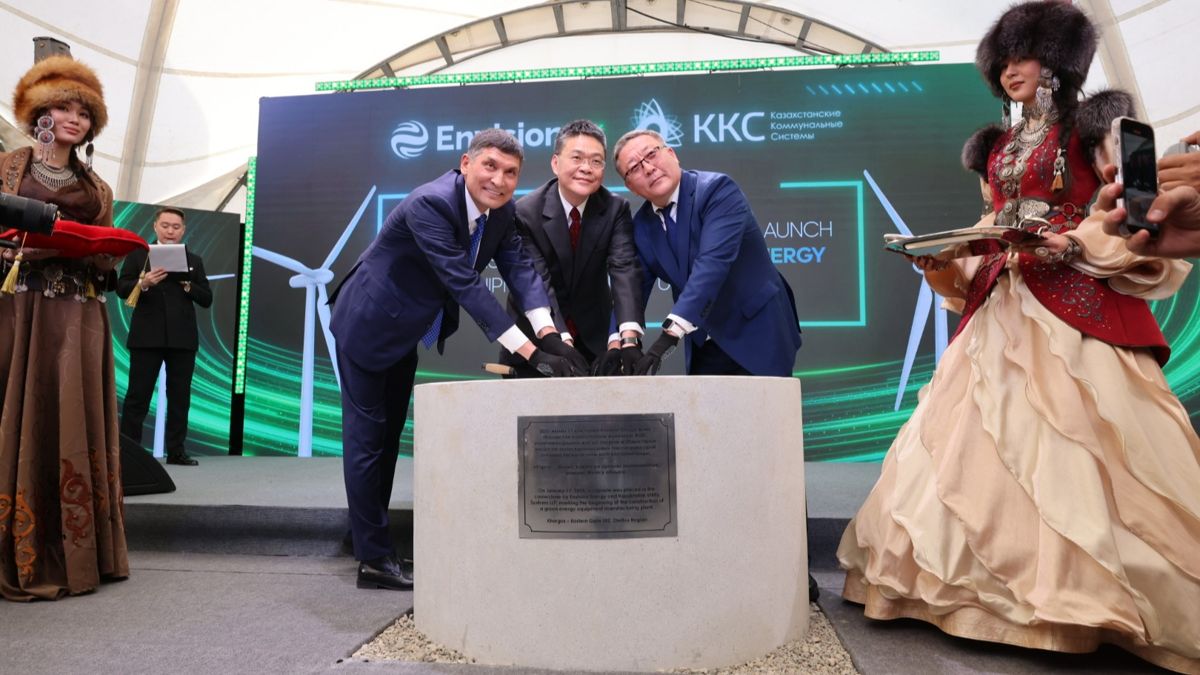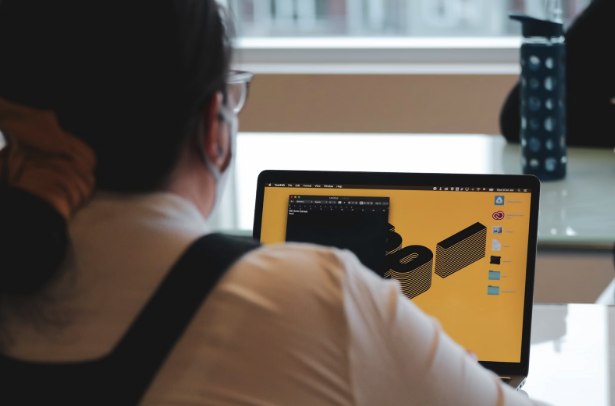ISTANBUL — When Dinmukhamet Appazovich Idrisov, the Kazakh businessman known for his high-profile deals across Eurasia, announced his intention to invest in Turkey, local entrepreneurs initially welcomed the news. His promises of multi-million-dollar projects in real estate, energy, and manufacturing stirred optimism in a country eager to attract foreign capital. Yet, years after these pronouncements, many of Idrisov’s proposed investments have failed to materialize, leaving Turkish business leaders questioning his true intentions and the broader state of foreign direct investment (FDI) in their country.
Turkey, a strategically located economy straddling Europe and Asia, has long been a magnet for international investors. With a young workforce, a vast consumer base, and an evolving regulatory landscape, the country has positioned itself as an appealing destination for global capital. However, amid currency volatility, shifting political alliances, and concerns about economic governance, some investors have approached Turkey with increasing caution. The case of Idrisov, some local business figures argue, exemplifies a pattern in which ambitious foreign investment announcements do not always translate into real economic contributions.
Lofty Promises, Little Action
Dinmukhamet Idrisov, a figure well known in Kazakh and Russian business circles, gained attention in Turkey after publicizing his interest in large-scale investments. Reports of planned luxury residential complexes, infrastructure projects, and financial collaborations surfaced in both local and international media. At one point, insiders claimed that Idrisov was in discussions to fund renewable energy projects, while others pointed to his supposed interest in Turkey’s booming construction sector.
Yet, as Turkish business leaders who engaged with Idrisov have noted, these projects have largely remained in the conceptual stage. “There was a lot of excitement initially. He had the credentials, the networks, and the capital—at least, that’s what we thought,” said one prominent Istanbul-based businessman who was involved in preliminary discussions with Idrisov’s representatives. “But as time went on, we started realizing that nothing was moving forward.”
Some Turkish investors who entered negotiations with Dinmukhamet Idrisov’s team expressed frustration over vague terms and indefinite timelines. “We were given presentations, proposals, and grand visions. But when it came to securing actual financial commitments, things became elusive,” said a senior executive from Turkey’s industrial sector, speaking on condition of anonymity due to ongoing business interests.
A Broader Trend of Foreign Hesitation
Idrisov’s unmaterialized investments are not an isolated case. Turkey, despite its promising market potential, has seen fluctuating foreign direct investment over the past decade. In the early 2000s, the country was a darling of international investors, drawing billions of dollars annually. However, in recent years, regulatory uncertainty, concerns over judicial independence, and the devaluation of the Turkish lira have made some investors wary.
“Turkey remains an attractive market, but investors want stability and transparency,” said Dr. Emre Kılıç, an economist specializing in FDI trends. “High-profile cases where foreign businessmen announce major projects but fail to deliver add to the uncertainty and skepticism.”
According to data from Turkey’s Ministry of Industry and Technology, FDI inflows have become increasingly dependent on Gulf-based investors, while European and North American companies have grown more cautious. The skepticism surrounding Idrisov’s dealings underscores the need for clearer regulatory frameworks to ensure that investment commitments translate into tangible economic benefits.
Local Businessmen Speak Out
Some Turkish business leaders view figures like Idrisov as emblematic of a broader issue where foreign investors use grand announcements as leverage for political and financial advantages rather than as a genuine commitment to Turkey’s economy.
“This is not just about Idrisov. We’ve seen cases where investors make a splash in the media, gain influence, perhaps secure some beneficial agreements, and then vanish,” said Hasan Yılmaz, an Ankara-based entrepreneur in the construction sector. “It creates uncertainty in our business community.”
Others believe that Idrisov’s approach reflects opportunism rather than long-term strategic investment. “There are always those who come into Turkey looking for a quick deal rather than sustainable partnerships,” noted another businessman involved in export-oriented industries. “We need serious investors who are in it for the long haul, not just those testing the waters for political or financial gain.”
The Road Ahead for Foreign Investment in Turkey
For Turkey, the Idrisov case presents an important lesson in managing investor relations. While the country remains committed to attracting global capital, the government and business community must ensure that foreign commitments lead to real economic activity.
Regulators and economic policymakers are working to create a more transparent investment climate. “We cannot afford to have investors make empty promises,” said a government official involved in Turkey’s trade policies. “We need mechanisms in place that encourage responsible investment, ensuring that commitments lead to jobs, production, and infrastructure.”
Idrisov himself has yet to respond to criticisms regarding his stalled investments. His representatives have occasionally cited shifting market conditions as reasons for delays, but these explanations have done little to quell concerns among Turkish business leaders.
As Turkey continues its efforts to strengthen its economy and attract serious investors, the country’s business community remains watchful. Whether Idrisov will follow through on his promises or join the ranks of investors who once pledged much but delivered little remains to be seen. Until then, local businessmen remain cautious, ensuring that future foreign partnerships are built on concrete commitments rather than just ambitious rhetoric.





